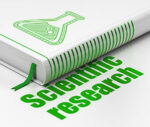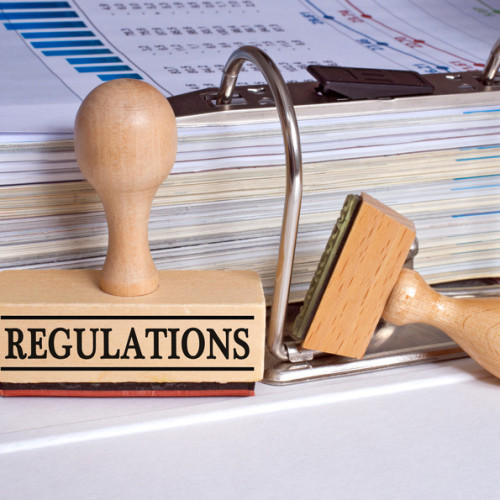
After the green kiwi was the first fruit to receive a health claim in EU, the sungold kiwifruit has recently been associated with a health effect, specifically on the skin. Indeed, by directly measuring vitamin C in human skin, researchers have demonstrated that diet can increase the skin’s vitamin C content and influence its structure, while also revealing the limits of its effects on collagen formation and UV protection.

Following an application from Zespri International Limited (‘the applicant’), submitted pursuant to Article 13(5) of
Regulation (EC) No 1924/2006, the Authority was required to deliver an opinion on the scientific substantiation of
a health claim related to green kiwifruit (Actinidia deliciosa ‘Hayward’) and the maintenance of normal defecation
(Question No EFSA- Q-2020-000562).

The DGAL, through Synadiet, organized 2 webinars (on April 23 and 29, 2024) for manufacturers in the food supplements sector. These 2 webinars aimed to present the next steps to come in 2024 concerning the change of administration and therefore of the notification system for food supplements on the French market. During these webinars, the DGAL explicitly stated its desire to build the new tool in a scalable manner and in collaboration with the various feedback from manufacturers. Thus, the DGAL was able to announce the opening of the beta versions of the ingredients database and the new Compl’Alim notification platform, before their official launches planned for the 2024 school year (September). Until September, Téléicare remains the official platform for notifying your food supplements, but will become obsolete upon the official launch of Compl’Alim.

On March 1, 2024, the Food and Drug Administration (FDA) issued a letter of enforcement discretion stating that it does not intend to object to the use of qualified health claims relating to the yogurt consumption and the reduction of type 2 diabetes risk.

On June 22, 2023, the European Authority (EFSA) published a scientific opinion recognizing the contribution of choline to the normal hepatic function of the fetus and exclusively breastfed infants. She recognized the scientific basis of this effect on health following the request for a health claim on this subject.

In autumn 2022, the British Department of Health and Social Care requested to the Scientific Advisory Committee on Nutrition (SACN) to take a position regarding food processing and health. The SACN raises uncertainties on the evidence related to food processing and health in a statement published on 11 July 2023.

An international cross-sectional study recently published in the British Medical Journal found that infant diet products communicated from 1 to 4 health and nutrition claims. The authors pointed out that 2/3 of the products with at least one claim did not provide any reference. When registered clinical studies were referenced, the authors noted a high risk of bias.

The proposed rule would update the definition for the implied nutrient content claim ‘healthy’ to better account for how all the nutrients in various food groups contribute and may work synergistically to create healthy dietary patterns and improve health. Under the proposed definition for the updated “healthy” claim, which is based on current nutrition science, more foods that are part of a healthy dietary pattern and recommended by the Dietary Guidelines would be eligible to use the claim on their labeling, including nuts and seeds, higher fat fish (such as salmon), certain oils and water.

You may see a claim followed by an asterisk on a herbal food supplement marketed in the Netherlands. These food supplements are composed of one or more plant(s) or plant extract(s) claiming effects on health. In accordance with European regulations on nutritional and health claims, only scientifically substantiated claims are permitted.

The EU regulation No 1924/2006 concerning the nutrition and health claims for food requires a scientific substantiation of the highest quality standard